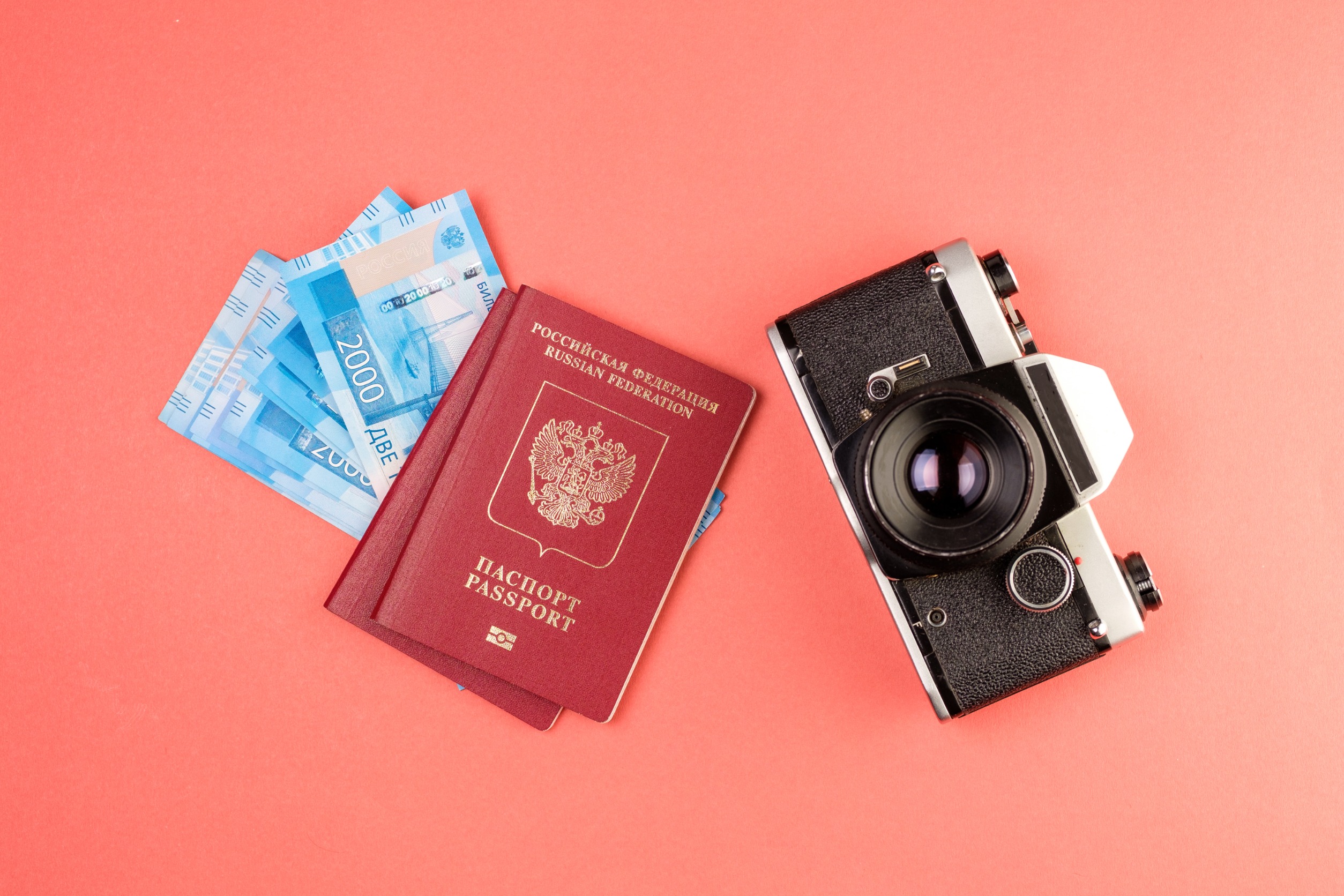
In a daring initiative to redefine international connectivity, Russia unveils plans to eliminate visa requirements for travellers from 11 strategically chosen countries across Asia, Africa, and the Middle East. This visionary approach simplifies global mobility and fortifies diplomatic ties, signalling a pivotal leap towards a more interconnected world.
Maria Zakharova, the voice of the Russian Foreign Ministry, heralds the onset of these transformative talks. The selection of nations spans the vibrant cultures of the Bahamas and Barbados, the dynamic Middle Eastern landscapes of Bahrain and Saudi Arabia, and the diverse terrains of Malaysia and Zambia. Russia's ambition extends to forging comprehensive visa waiver agreements with all Persian Gulf states, promising an era of unprecedented access and mutual understanding.
Yet, this grand scheme casts a shadow of concern in Finland, where the prospect of Russia's visa liberalisation stirs apprehension. Jarno Limnéll, echoing the Finnish perspective, voices the inherent security risks, especially as Finland marshals substantial resources towards bolstering its defences. A significant budgetary allocation is earmarked for enhancing border security, aimed squarely at the spectre of irregular migration facilitated by these visa policy shifts.
The discourse around Russia's visa policy reform taps into deeper currents of geopolitical strategy. Markku Kangaspuro, an expert from the University of Helsinki, articulates the potential for such policies to catalyse hybrid operations, subtly shifting the contours of migration and international alliances. This nuanced stance recalls the echoes of the 2021 migration debacle instigated by Belarus, serving as a grim reminder of the intricate dance between visa policies and their broader ramifications.
The haunting memory of the 2021 crisis, triggered by Belarus's lax visa policies, underscores the profound human toll such geopolitical manoeuvres can exact. The crisis, which saw countless individuals caught in the crossfire of international standoffs, illuminates the stark realities faced at the borders of Lithuania and Poland, weaving a cautionary tale of loss and despair amidst the pursuit of policy objectives.
As Russia forges ahead with its ambitious plans to establish visa-free corridors with 11 nations, the world watches with bated breath. This bold stride towards dismantling barriers promises to enrich global dialogue and cultural exchange, yet it also challenges us to confront the delicate equilibrium between open doors and safeguarded borders. With the international community's gaze firmly fixed on these unfolding narratives, the ultimate impact of Russia's visa policy evolution on migration dynamics and regional security remains a subject of keen anticipation and profound reflection.
In closing, we invite our readers to ponder the implications of these sweeping changes. As we stand at the crossroads of openness and vigilance, how do we balance the promise of global unity with the imperatives of national security? Your insights and perspectives are invaluable as we navigate these complex waters together.
What countries are included in Russia's visa-free travel plan?
Russia is negotiating visa-free travel agreements with 11 nations in the Middle East, Africa, and Asia, including the Bahamas, Barbados, Bahrain, Saudi Arabia, Malaysia, and Zambia. Plans are also underway to establish agreements with all Persian Gulf states.
Why is Russia pursuing visa-free agreements with these countries?
The initiative aims to simplify global mobility, strengthen diplomatic relations, and enhance mutual understanding as part of a broader strategy to create a more interconnected world.
What are Finland's concerns regarding Russia's visa-free initiative?
Finland is concerned about the potential security implications, particularly the risk of increased irregular migration through Russia, given its proximity and the effort to bolster its border defences.
How could Russia's visa policy changes influence global migration patterns?
Easing visa requirements could facilitate hybrid operations and subtly influence migration patterns, possibly leveraging migration for political purposes and affecting international alliances.
What is the significance of the 2021 migration crisis about Russia's current visa policy changes?
The 2021 migration crisis, triggered by Belarus's eased visa restrictions, is a cautionary tale. It highlights the complex interplay between visa policies and migration and the potential human cost of geopolitical manoeuvres.
How does Russia's visa-free initiative fit into broader geopolitical strategies?
The visa-free initiative may be part of Russia's efforts to strengthen ties within the BRICS alliance and other international relationships, leveraging diplomatic and economic relations through more accessible travel.
Step1: Complete the online application by providing your passport details.
Step2: Submit payment online using a credit card.
Step3: Monitor your email for confirmation of payment and receipt of your eVisa, which will be sent electronically.